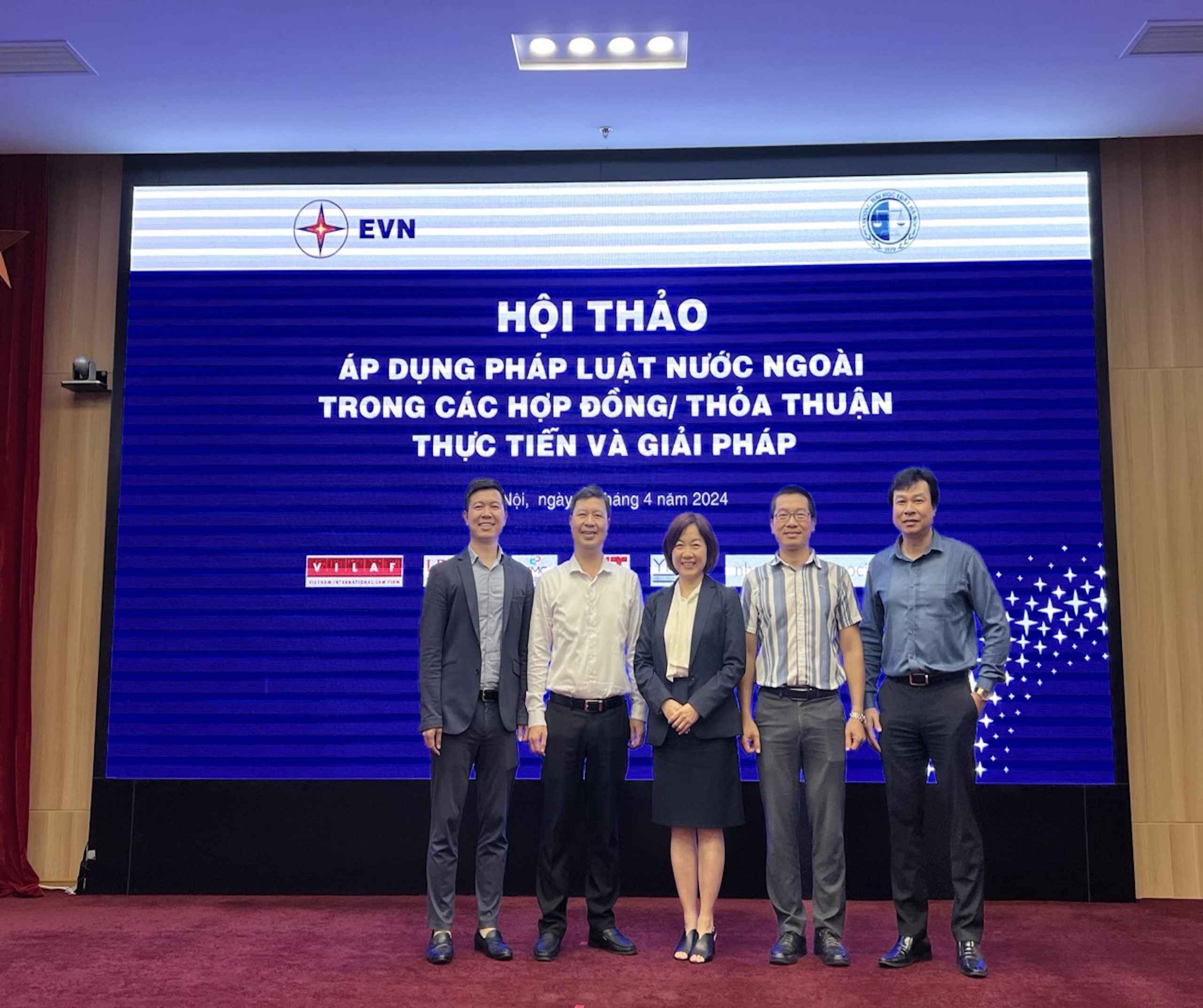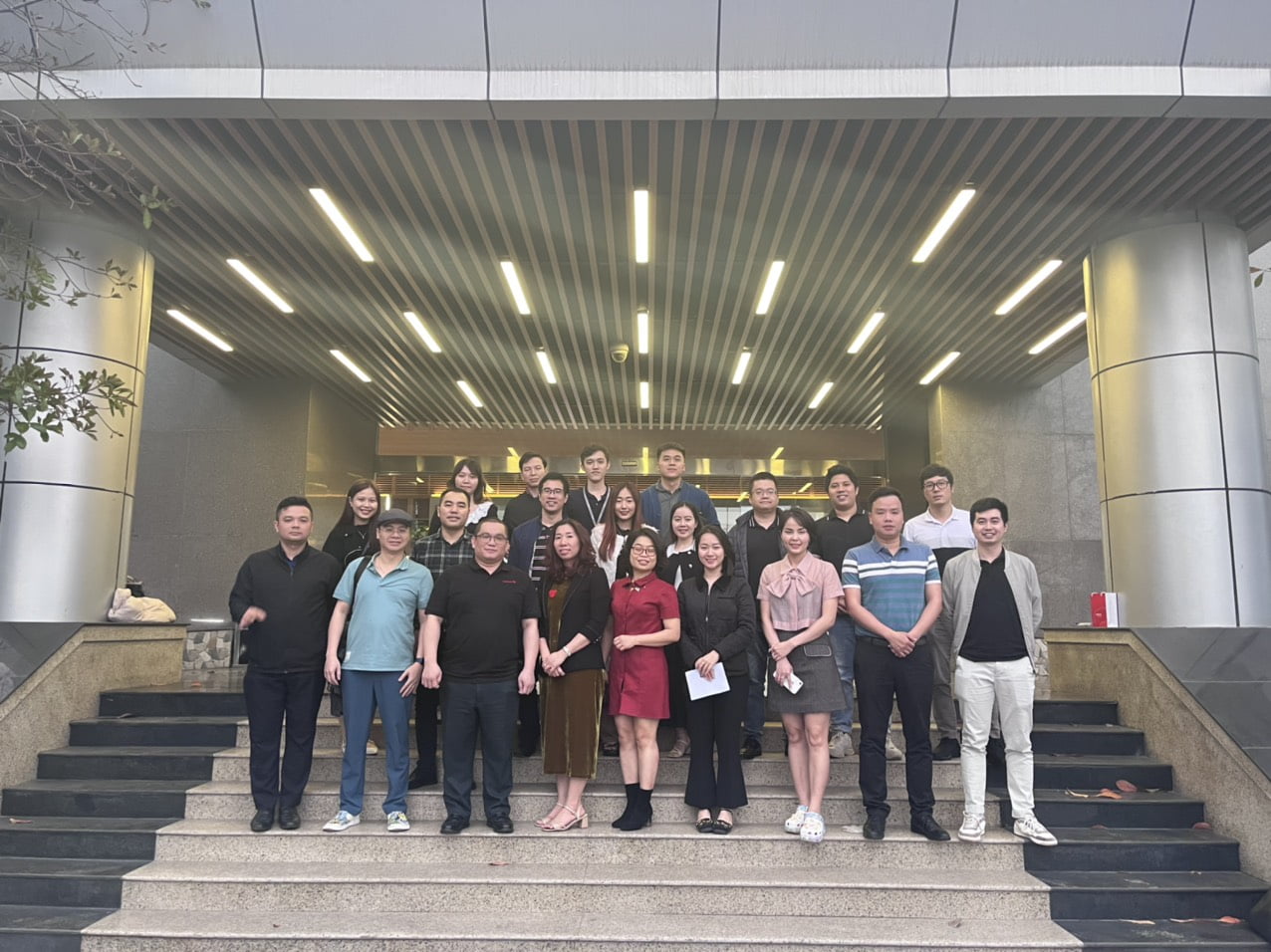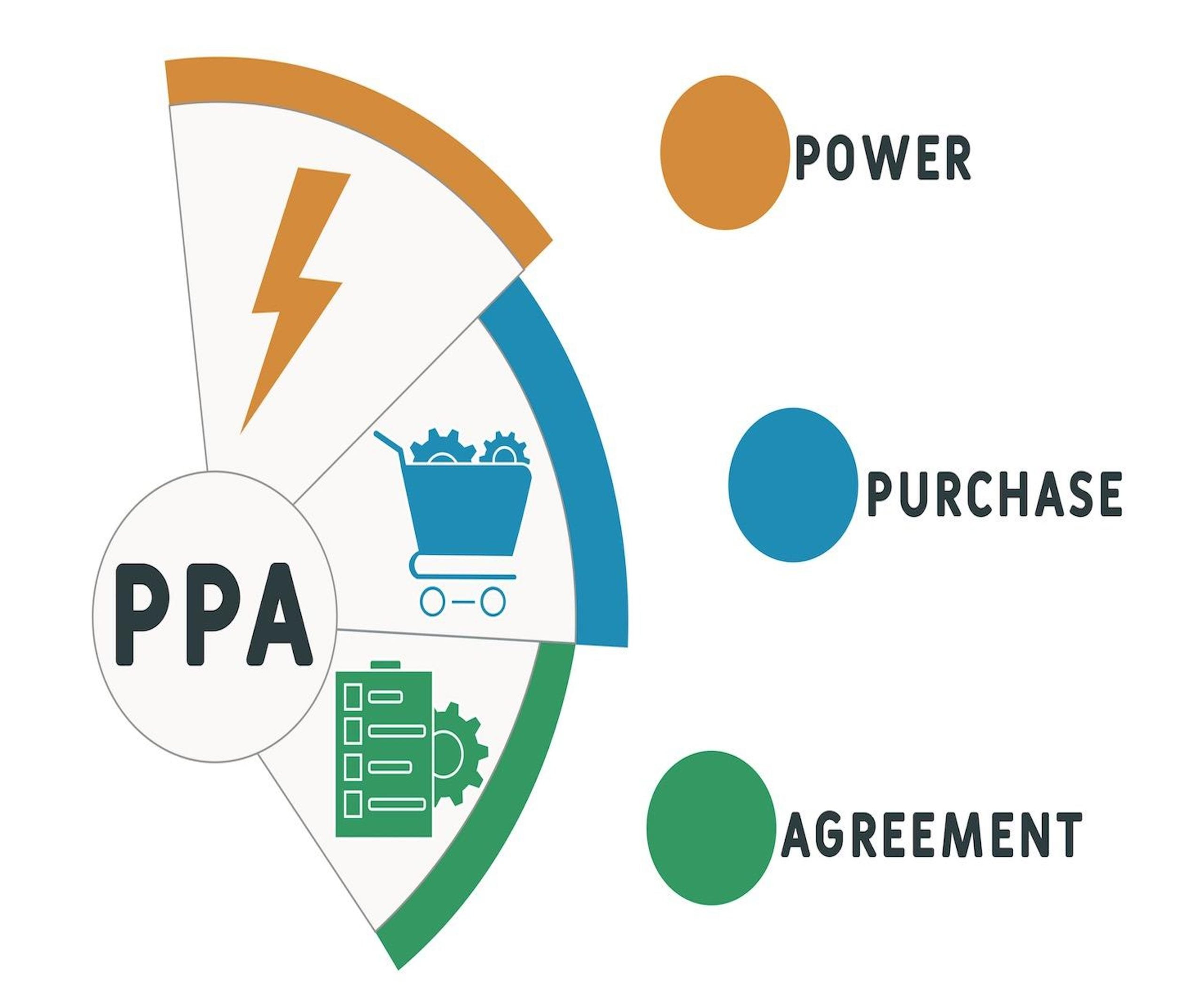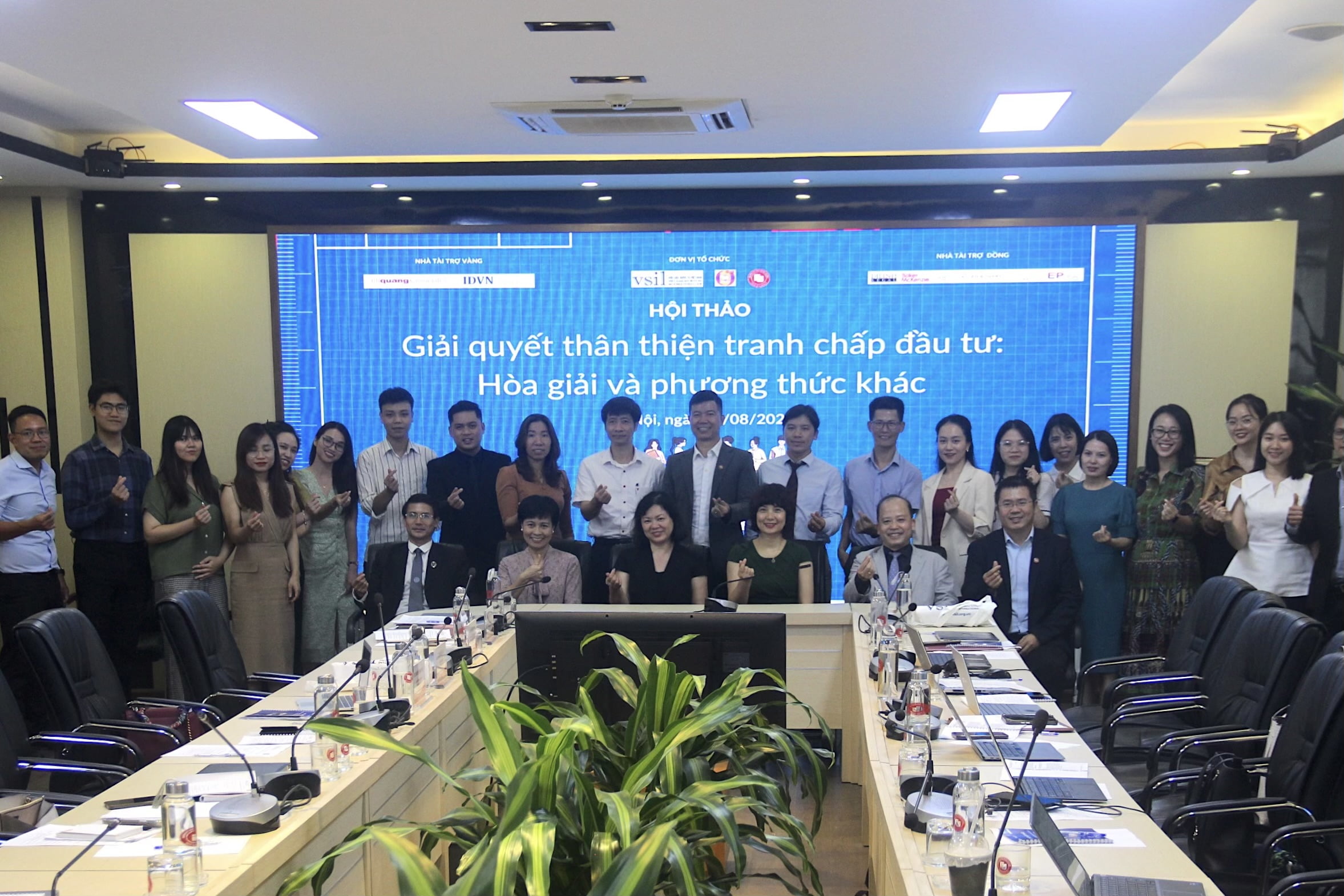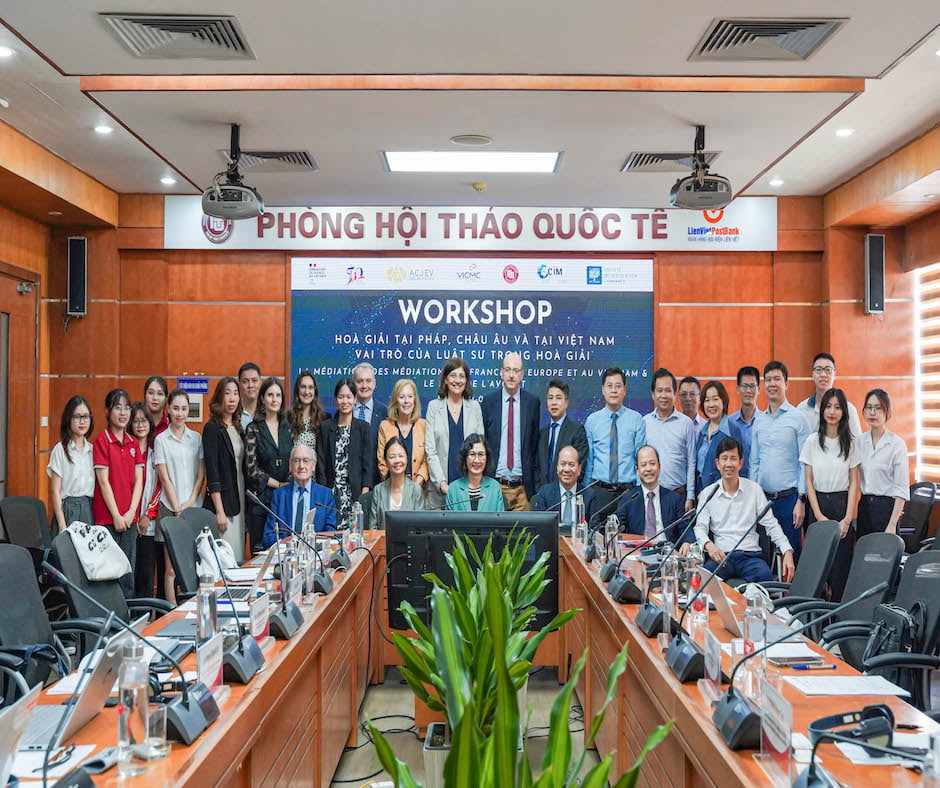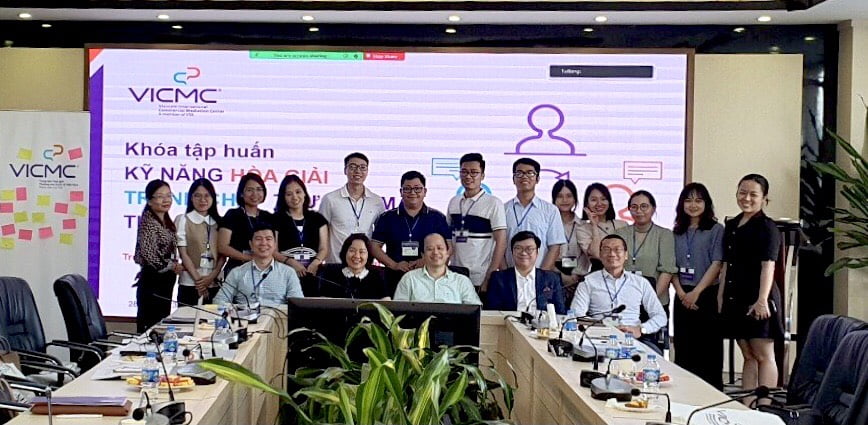Lawyer Nguyen Hung Quang, Executive Director of Law Office NHQuang & Associates, Chairman of Vietnam International Commercial Mediation Center (VICMC) had an interview with the Customs Newson about the implementation of the Law on Electronic Transactions (amended).
How do you assess the impact of the Law on Electronic Transactions (amended), if it is implemented?
The draft Law on Electronic Transactions (amended) has made many positive changes compared. Amended regulations reduce unnecessary documents, procedures, and certificates for businesses. It is expected that when the law comes into effect, it will have a great impact on businesses that have will apply information in transaction activities, businesses operating on digital platforms, and businesses providing e-signature certification services.
The draft Law on Electronic Transactions (amended) has tried to regulate traditional transaction methods on the electronic environment, so it will have a great impact on building a digital economy and digital transformation in the economy. This draft also has innovations when it comes to very specific regulations related to electronic transaction methods between people, businesses and State agencies, creating a legal framework for more secure transactions, especially in the context of Vietnam promoting e-commerce.
In particular, for regulations related to open data, sharing information from State agencies with the community will be an important component to build an “Open Government”, limiting corruption and negativity and solving many difficulties and problems related to business conditions and administrative procedures.
According to the Ministry of Information and Communications, the Law on Electronic Transactions (amended) will expand the scope of electronic transaction regulation in commercial, civil, and economic transactions, creating a stable legal framework for electronic transactions to be widely applied. The law also improves policies to ensure safe, reliable, and legally valid electronic transactions, further promoting the application of information technology in transactions of State agencies, organizations, and individuals. It is necessary to remove problems with specialized databases and personal data in performing administrative procedures and public services in the network environment.
Do you have any advice for businesses to prepare before the Law officially takes effect?
Of course, with such a comprehensive set of laws, businesses must be careful. Methods of electronic transactions were prescribed in the Law on Electronic Transactions 2005, but this revised Law will provide clearer provisions, especially those related to transactions between enterprises and State agencies.
For example, regarding the use of open data from State agencies, the provisions in the current law and even in the draft amendment are still not more specific and clear. Businesses have talked a lot about problems in accessing information from management agencies, but this issue needs to be adjusted appropriately. When enterprises use tools and software to access and process data from management agencies, it may affect the security and safety of the State agencies’ systems. Moreover, when receiving open and public data, whether businesses can reuse or commercialize it or not is an issue. For example, if businesses have access to public customs data, how it is reused should be clearly regulated, ensuring information security.
In your opinion, are the legal regulations on transactions in the electronic environment able to meet the changing speed of digital technology today?
It is true that digital technologies, as well as transaction and payment methods, are changing rapidly, so the development of legislation must provide the foundation for all activities.
Currently, the Law on Electronic Transactions from 2005 has met this problem; the regulations have been implemented for more than a decade, so the revised draft only adds more regulations to make it clearer. I hope that the authorities will absorb the comments of experts and businesses to develop new laws in the direction of facilitating businesses, ensuring they fully comply with these regulations.
Source: Customs News

